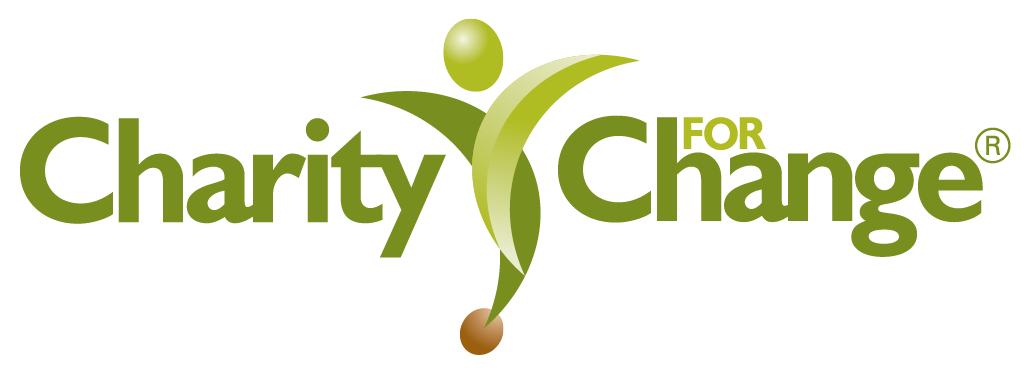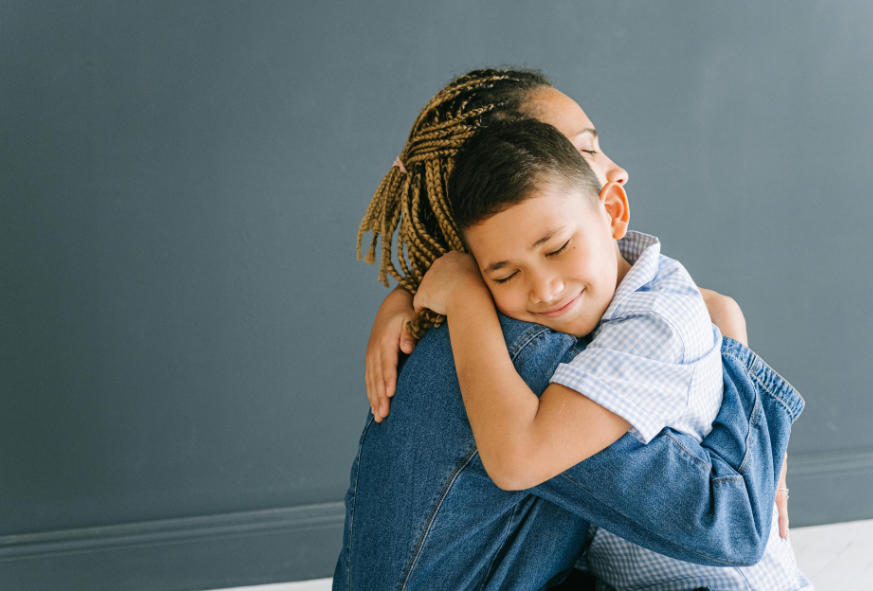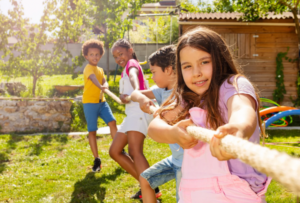Respect Today: Helping Children Thrive in a Connected World
Respect is much more than being polite or having good manners—it’s about kindness, empathy, and how we treat each other every day. At Charity for Change, we define respect as “treating others the way you want to be treated.” While this idea is easy for even our youngest learners to understand, living it out can be challenging in today’s busy, digital, and sometimes complicated world.
Today’s elementary-aged children are growing up surrounded by smartphones, tablets, online videos, and instant messaging. At the same time, they see and hear messages in the news, on TV, and even among adults that sometimes highlight disagreements, anger, or division. For young children, understanding how to navigate these situations respectfully can make all the difference.
By intentionally teaching respect from an early age, we equip children with the tools they need to handle emotions positively, solve problems peacefully, and form strong, meaningful friendships. When respect becomes part of their daily lives—at home, in school, and on the playground—children learn to build genuine connections and become caring members of their communities.
Respect in the Digital Age
Children today spend significant time interacting through digital platforms. From online classrooms to video games and social apps, technology shapes their friendships and daily experiences. Teaching respect helps children navigate these digital spaces safely and kindly.
Psychologist Dr. Michele Borba (2021) notes that early instruction in respect fosters empathy and emotional intelligence. When elementary-aged children learn to treat friends and classmates kindly online, they reduce the likelihood of cyberbullying and build supportive virtual environments. Simple practices—like teaching children to pause before posting comments and encouraging thoughtful interactions—help children become respectful digital citizens from the start.
Respect and Growing Friendships
Respect is crucial for building strong, healthy friendships during elementary school years. It’s natural for young children to encounter conflict or differences in opinion. Respect equips them with essential skills to manage these situations thoughtfully, fostering empathy and understanding.
When children learn to communicate respectfully and appreciate different perspectives, they develop stronger problem-solving and teamwork skills—foundations for healthy friendships and classroom success (Borba, 2021; Park, Peterson, & Seligman, 2005). These skills help create classrooms where children feel safe, understood, and valued. When respect is actively taught, children become adept at managing disagreements constructively, leading to stronger, healthier friendships that last.
The Science of Respect and Character
Teaching respect doesn’t just help children get along better with friends or navigate the digital world—it directly supports their overall emotional growth and mental health. Psychologists emphasize that respect fosters essential character skills like empathy, emotional intelligence, and resilience. For elementary-aged children, learning respect helps build higher self-esteem, stronger friendships, and better problem-solving skills. When children feel respected, they’re more likely to treat others with respect too, creating positive cycles of kindness and cooperation (Park & Peterson, 2005).
Research by psychologist Michele Borba (2021) further highlights that respectful behavior is closely linked to emotional regulation. This means children who practice respect regularly are better able to handle their own feelings—especially difficult ones like anger, frustration, or sadness—without hurting others. Instead, they develop healthy strategies for managing these emotions, like asking for help or solving problems calmly.
Additionally, Charity for Change’s own research with teachers and facilitators confirms these findings. Educators using our curriculum consistently report classrooms becoming happier, more supportive, and better focused on learning when respect is intentionally taught and practiced. Students themselves experience fewer conflicts, improved behavior, and greater confidence (Charity for Change, 2024).
Simple Ways to Teach Respect
Teaching respect doesn’t need to be complicated. Simple, meaningful daily activities can make respect a habit:
- Listening Circles: Encourage children to sit in a circle and take turns sharing stories or experiences while others listen carefully without interrupting. This helps build empathy and active listening skills.
- Respect Reflection: Regularly ask children about moments when someone treated them respectfully or when they treated others respectfully. These reflections reinforce positive behavior and make respect tangible in everyday life.
Bringing Respect Home
Respect doesn’t begin and end at the classroom door. Families play an essential role in helping children make respect a lasting part of who they are. When adults model respectful behavior—through words, tone, and everyday choices—children notice. A kind conversation at the dinner table, a gentle correction with empathy, or a bedtime story that shows characters treating others well can all plant seeds that grow into lifelong values.
The more consistently children experience respect at home and at school, the more naturally it becomes a part of their identity. Over time, those habits shape how they treat others, how they respond to conflict, and how they contribute to their community.
Because when we teach children to respect others, we’re not just guiding their behavior—we’re shaping their character. We’re helping them become the kind of people who listen, who care, who lead with compassion and integrity.
🌱 Make RESPECT a central part of your classroom or afterschool program. The Charity for Change character-education curriculum is designed specifically to support elementary-aged children in becoming compassionate, respectful adults.

Karen Conley
President, CEO and founder of Charity for Change
References
- Borba, M. (2021). Thrivers: The Surprising Reasons Why Some Kids Struggle and Others Shine. G.P. Putnam’s Sons. https://www.micheleborba.com/books/thrivers/
- Charity for Change. (2024). Charity for Change Program Summary. Internal program evaluation and educator feedback. https://charityforchange.org
- Park, N., Peterson, C., & Seligman, M. E. P. (2005). Strengths of Character and Well-Being. Journal of Social and Clinical Psychology, 23(5), 603–619. https://doi.org/10.1521/jscp.23.5.603.50748





